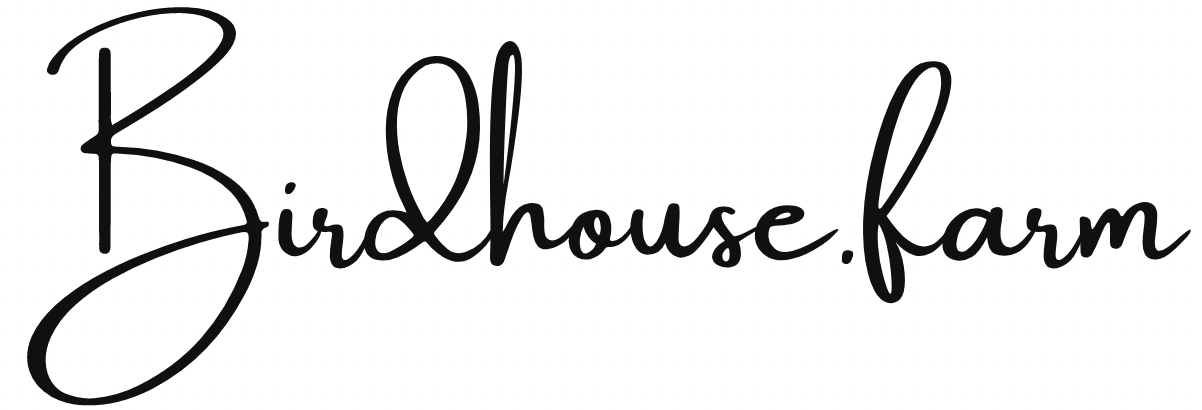The Mowing Dilemma: How Over-Mowing Harms Small Rural Communities in Kansas
While a neatly trimmed lawn might seem ideal, over-mowing can actually do more harm than good. Let's explore why finding a more sustainable balance between manicured lawns and natural landscapes can benefit our environment and our local way of life.
1. Loss of Biodiversity
Every time we fire up the lawnmower, we're not just trimming grass – we're also eliminating valuable habitats for native plants and wildlife. Small rural communities in Kansas are surrounded by diverse ecosystems, from prairies to woodlands, each hosting a unique array of flora and fauna. Over-mowing strips away these natural habitats, leaving behind barren lawns that offer little to no support for local biodiversity. By allowing some areas to grow wild and embracing native plants, we can create havens for pollinators, birds, and other wildlife right in our own backyards.
2. Increased Environmental Impact
In our efforts to maintain perfectly manicured lawns, we often resort to excessive watering, fertilizing, and pesticide use. Not only are these practices costly, but they also have a negative impact on our environment. Chemical runoff from lawn treatments can pollute nearby water sources, while excessive water usage contributes to the depletion of our precious freshwater reserves. By reducing our dependence on lawn care chemicals and embracing more natural landscaping practices, we can minimize our environmental footprint and protect the health of our local ecosystems.
3. Community Connection
In small rural communities, our yards are more than just patches of grass – they're extensions of our homes and expressions of our identities. Over-mowing, however, can create a disconnect between neighbors and the natural world around us. Instead of sharing stories over backyard barbecues or marveling at the beauty of native flowers and grasses, we find ourselves isolated behind neatly trimmed hedges and sterile lawns. By encouraging a shift towards more sustainable landscaping practices, we can foster a greater sense of community connection and pride in our shared environment.
So, what can we do to combat the harmful effects of over-mowing in our small rural communities? It's simple: let's rethink our approach to lawn care. Consider allowing some areas of your yard to grow wild, planting native species, and reducing the frequency of mowing. Not only will you save time and money, but you'll also be doing your part to support the health and vibrancy of our local ecosystems. Together, we can create a more sustainable future for ourselves and future generations to enjoy.
